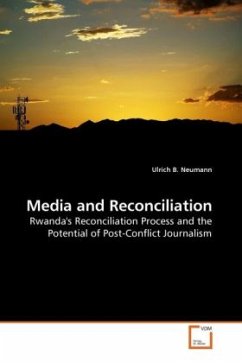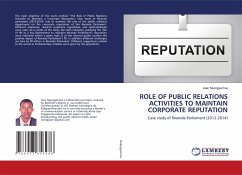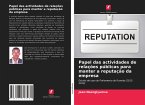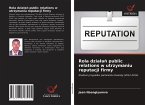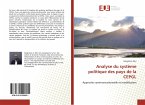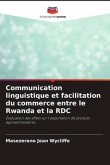In fewer than 100 days between April and July 1994, up to one million Rwandans were brutally murdered in what went down in history as the world's fastest genocide. As never before, the media have been used as a psychological weapon to mobilize thousands of civilians to systematically slaughter their fellow citizens. More than fifteen years after the tragic violence that hate radio so greatly facilitated, how is Rwanda's media sector dealing with the daunting challenge of reconciling a nation? Have people developed trust in each other and in their journalists? Are these journalists really independent or just agents of the government? Based on several months of field research in Rwanda, the author gives a detailed impression of what reconciliation means and how the country's media and journalists deal with the process. With a realistic, value-neutral discussion of the media's role in Rwanda's reconciliation process, the study offers a context-relevant understanding of responsibilities and potential of post-conflict journalism.
Bitte wählen Sie Ihr Anliegen aus.
Rechnungen
Retourenschein anfordern
Bestellstatus
Storno

